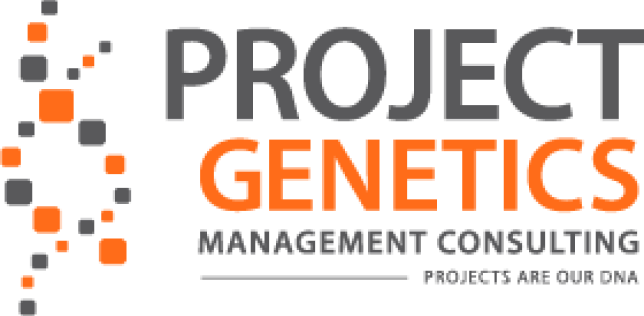On today’s episode we are talking about how perfectionism might be killing your company.
Jessica Osborn is passionately committed to building and developing global teams that deliver exceptional business outcomes with a human-first, growth mindset. She has successfully coached over 27 team members into leadership and cross-functional roles aligned with their career goals. Recognized for her contributions to company culture leadership, Jessica has received awards for exceeding net and gross retention with multi-million-dollar SaaS account portfolios across various verticals. An expert in improving customer journeys, lifecycle management processes, and product development through customer feedback and data, Jessica is also a thought leader in Customer Success. She has shared her insights at numerous industry events, including Success Fest Austin (2023) and Success Fest Vegas (2022).
Key Discussion Points:
- Impact of Perfectionist Leadership: A perfectionist leader can set high standards that may lead to an environment of fear and isolation if mistakes are not tolerated. This can result in anxiety and paralysis within the team, hindering productivity and collaboration.
- Difference Between Quality and Perfectionism: Quality involves setting and communicating clear standards and expectations. In contrast, perfectionism demands flawlessness, often leading to excessive time spent on tasks and potentially never completing them due to fear of imperfection.
- Encouraging a Healthy Culture: Successful organizations foster an environment where failure is seen as a learning opportunity rather than a catastrophe. This involves clear objectives, open communication, reflection on failures, and flexibility to pivot when necessary, creating a more agile and innovative team dynamic.
- Embrace Vulnerability: Leaders who admit their mistakes foster trust and learning. For instance, GoCardless CEO Heroki’s openness about his failures garnered a positive response from employees.
- Promote a Growth Mindset: A growth mindset encourages viewing failures as learning opportunities, fostering resilience and creativity. In contrast, a fixed mindset leads to blame and stagnation.
- Balance Ambition with Empathy: Drive teams towards goals while understanding their challenges. Supportive environments prevent burnout and maintain morale through team-building and celebrating both wins and learning moments.
Top Takeaways for the Audience:
- Evaluate whether you and your team have a growth or fixed mindset. Identify one action to foster a growth mindset.
- Set a tone where it’s okay to fail. Introduce a “wins and oops” segment in meetings to normalize and learn from mistakes.
- Share something personal with your team to build trust. Challenge yourself to be open and honest about your own experiences.
How to Connect with Jessica:
LinkedIn: https://www.linkedin.com/in/jessicareserosborn/

